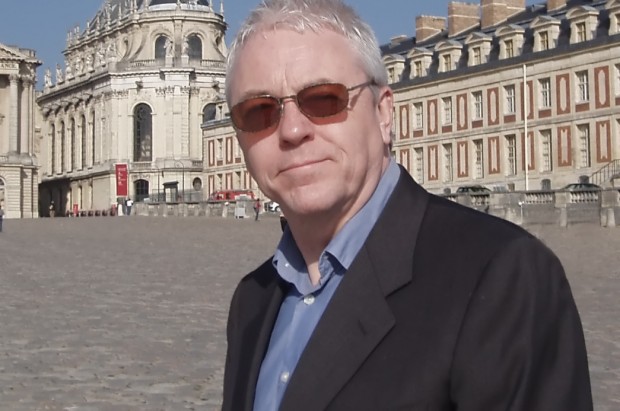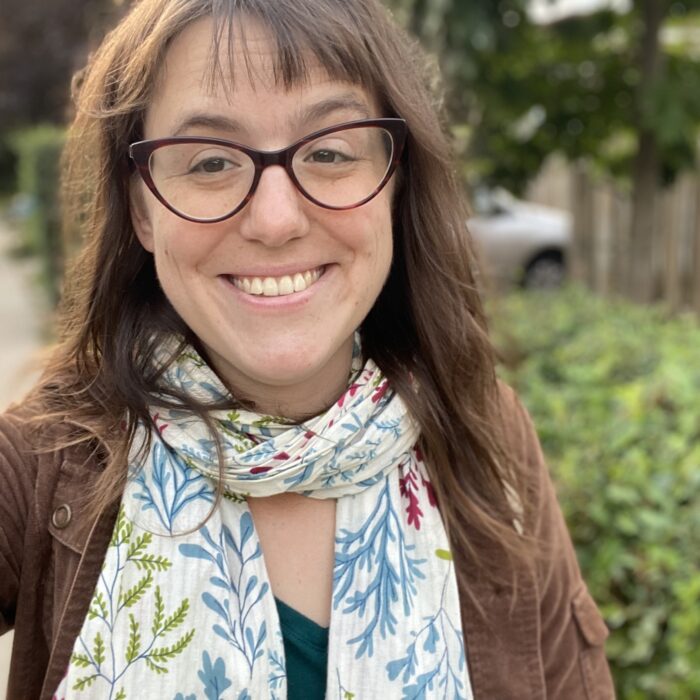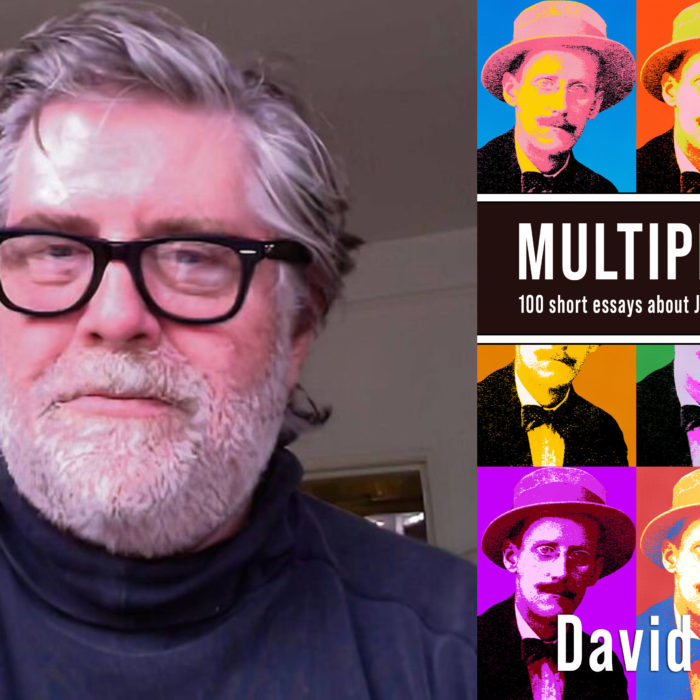You have no items in your cart. Want to get some nice things?
Go shoppingStephen Gallagher is a novelist and TV writer whose prestigious credits include Doctor Who, Eleventh Hour (which he both developed and wrote), Crusoe and The Forgotten. His Victorian crime novel, The Kingdom of Bones, was published in England earlier this year, and its sequel, The Bedlam Detective, comes out next spring. His two-part Silent Witness episode will also air in 2013. He can be found at his blog, or on twitter @brooligan.
Here he talks about travelling in the footsteps of Professor Challenger, falling for Tess Durbeyfield, and how it felt to have his spud gun stolen.
Describe your earliest memory.
I was four. It was a family party at my uncle’s house and everything stopped while they rolled out the tiny black-and-white TV to watch Quatermass and the Pit.
What was the first book you ever loved? Why?
The Rocket Ship Saboteurs by John Townsend. It’s not a great book – I’ve tracked it down since – but it was my first borrow from the children’s section in the local library, and it was like that first step through the door into a treasure-house. Sparkly stuff wherever you turn.
Tell us about the first time you realised that the world may not be as it seems.
I had a spud gun. A friendly bigger kid admired it and asked if he could have a closer look. In all innocence I let him hold it, and he took it and ran off. I sincerely hope that karma’s real.
What has been the most formative place in your life? Why?
Got to be Hull. Three happy years as a student studying subjects that I loved, learning to live away from home, wide horizons and no real worries. My first adult grasp of Greek tragedy, the subtlety and wonder of the mediaeval mindset, Victorian sensational fiction. Hull Fair, weekend trips to York, Horlicks in a seafront café in wintry Bridlington. My grant was a pittance but at least it wasn’t a debt.
Which literary or historical character do you most identify with? Why?
Baldrick. Because.
Which literary character could you have a romantic crush on and why? How would you win him/her over?
I don’t know about a crush, but you have to believe that you’d treat Tess Durbeyfield better than any of the men in her life.
What do you do when you’re not reading or writing?
Catch up with TV or get out of the house. One of the drawbacks of the computer being both tool and toy – if you don’t walk away from it, you can lose sight of the line between idly productive and totally wasted time.
Describe your most defining experience with money.
I panicked the first year I made any. I didn’t know how much I’d made, or where it had gone. I’d been shoestringing it for so long that I realised I had no system in place for dealing with serious irregular income, providing for tax, or making the most of it while I lived until the next sale.
If you could time-travel and teleport, which literary world would you want to visit? Why?
This may be subverting the question but you can do an actual foot trek to Roraima, the original ‘Lost World’ of the Conan Doyle novel (of which I have at least five copies, including a tatty first edition and a bound set of the original Strand Magazine parts). Part of me wants to do that. A more rational part of me knows that I’d need to get a lot fitter first. And while I know there wouldn’t be any dinosaurs… well, I have an imagination. I can provide my own.
Being a writer is a strange brand of celebrity. Tell us about your most memorable encounter.
Ray Harryhausen came to visit our tiny SF group in Preston. Brought models and sketches and gave us a magical evening in our room over a pub. A few years later, as part of a film festival programme, I got to introduce him and Forry Ackerman speaking before a screening of the restored 1933 King Kong at an art deco cinema in Stockport. I mean, that was a cool thing in itself. But he came over to me in the bar afterwards and poked me in the chest and said, “Preston! I remember you from Preston!” Ray f*****g Harryhausen!
What’s the most extreme thing you’ve done in pursuit of reading or writing?
Travelling alone to Soviet-era Leningrad and photographing the psychiatric hospital where they imprisoned the dissidents caught trying to escape into Finland. It was for a novel called The Boat House.
If you were to write yourself as a character, what would be your most defining characteristic? (Write us a paragraph, too, if you like.)
A whole paragraph? Who’s paying me for this? (Can you see what I did there?)
If you were to write a novel about an anti-hero/-heroine, what would his/her central flaw be?
Does the anti-hero even exist as a concept any more? It seems to me that yesterday’s antihero is the model for all heroes now. A true modern antihero would probably be a total right-wing bastard with utter faith in his worldview and no empathy for any other. Although in Nightmare, with Angel I deliberately set myself a challenge, to see if I could compel sympathy for a protagonist with a genuinely appalling deed in his past.
If you could have a superpower, what would it be? Why?
The ability to delete selected unpleasant memories. Which would be a whole can of worms because we’re the products of all our experiences, good and bad. Lots of story potential there.
If you were to find yourself in a Farenheit 451 world, which book would you save and why?
I’m a freelance. I’d save my receipts.
What is the most valuable piece of advice you would give a person for a life well-lived?
Don’t wait.
What question do you wish we’d asked you? Answer it.
Where can we get hold of The Boat House and Nightmare, with Angel? The Boat House is available in eBook form from Amazon, and thank you for asking. Nightmare, with Angel has gone out of print but that won’t be for long.
What’s next for you (work- and life-wise)?
I’ve two big TV projects lined up and a new Sebastian Becker novel under way. Early 2013 sees the paperback edition of The Bedlam Detective, the second book to feature the character. It’s just been named as one of Kirkus Reviews’ 100 best of 2012 in fiction.





